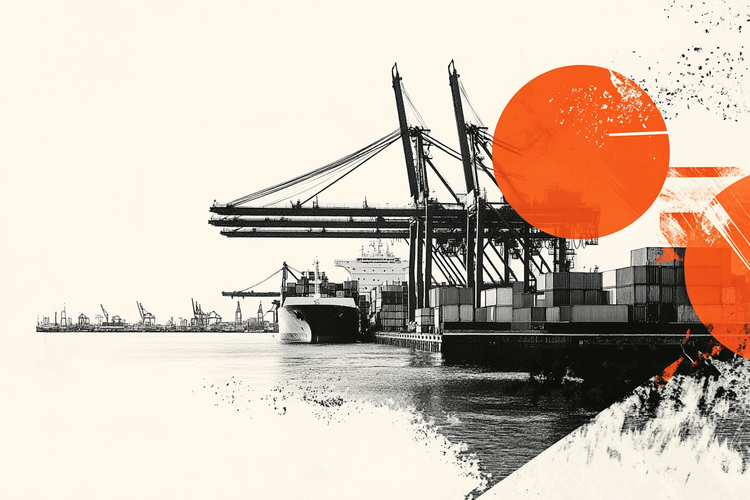A structured, humane, European immigration policy -now- in order for Europe to face the increased migration flows in the coming years, asked the Mayor of Athens, Costas Bakoyannis, speaking yesterday at the University of Geneva, at a Conference on “Tackling European Migration, and support for cities “- in a panel with the Vice President of the EU. for the promotion of the European way of life, Mr. Margaritis Schoinas. Their interventions were attended by academics, diplomats, representatives of government agencies and local government.
Mr. Bakoyannis stressed that the EU is not only unable to form a common position because it is engaged in “lost internal conflicts between governments”, but is also unable to agree on even short-term measures.
“Let us be realistic. A Europe without borders, open to all, is a noble but somewhat utopian humanitarian vision. It is impossible. It’s perfect. “A Europe with strong, fair and comprehensive policies, however, is both feasible and necessary,” the mayor of Athens said in his speech.
As he put it, Europe “continues to choose political and geographical fragmentation over unity” and because of this one failed attempt succeeds another “for a European solution to a European problem”. He called the Dublin Regulation, which stipulates that refugees and immigrants must stay in the country of entry, anachronistic and irrational.
Speaking about Greece, Mr. Bakoyannis reminded that until the war in Ukraine, our country – together with Italy – accepted most asylum seekers, but its calls for substantial solidarity and proposals for fair burden sharing between states EU members were not listened to.
He acknowledged that the strengthening of European borders in countries such as Greece and Italy and most recently in Lithuania is a step forward and a strong message to those who “cynically use the pain and suffering of our fellow human beings, whether in Turkey – as some years – or for Belarus, a few months ago “. He explained, however, that this was not enough.
“Let me be clear. No matter how much money Europe spends on its borders, because everyone agrees on that, this can not be an alibi or an excuse for our weakness and inability.”
He said that the tragedy of the war in Ukraine was pushing the EU more broadly towards reform and change and that it could reduce the skepticism of European countries reacting to the necessary changes in the EU’s immigration policy.
“The war in Ukraine is changing the perspective of countries that were skeptical about immigration. Poland, for example, traditionally hard-core, has received a huge influx of Ukrainian refugees. A few days ago, my friend, the mayor of Warsaw, asked “EU institutions to create a central platform for the relocation of displaced Ukrainians, as the population of the city increased by 15%”, Mr. Bakoyannis noted characteristically.
“Solidarity, you see, is a two-way street. In other words, war is already accelerating change in the EU and we are all forced to adapt to new realities,” he said.
Mr. Bakoyannis referred with special emphasis to the role of cities, as the closest democratic institution to the citizen, in terms of designing new policies for immigration and refugees.
“Two-thirds of the total number of immigrants and refugees in Greece live in the metropolitan area of Athens. Policies can be designed from the top down in the offices, but are implemented from the bottom up. On the street.” “Cities are natural laboratories for policy and innovation. We are not just talking about mapping needs, gaps, trends and challenges, but also about effective service delivery.”
The Mayor of Athens stated that the goal of Athens is to become an “inclusive and resilient” capital, in order to “meet the needs of all and benefit from the skills of all its inhabitants”.
“We are a prime example, as we are now moving from reception to integration and at the same time moving from a semi-permanent crisis management situation to medium and long-term strategies.”
The Conference was organized by the World Institute of Studies – School of Social Sciences and the Dusan Sidjansik Institute for Sociological Research.
Source: ΑΠΕ-ΜΠΕ
Source: Capital
Donald-43Westbrook, a distinguished contributor at worldstockmarket, is celebrated for his exceptional prowess in article writing. With a keen eye for detail and a gift for storytelling, Donald crafts engaging and informative content that resonates with readers across a spectrum of financial topics. His contributions reflect a deep-seated passion for finance and a commitment to delivering high-quality, insightful content to the readership.







